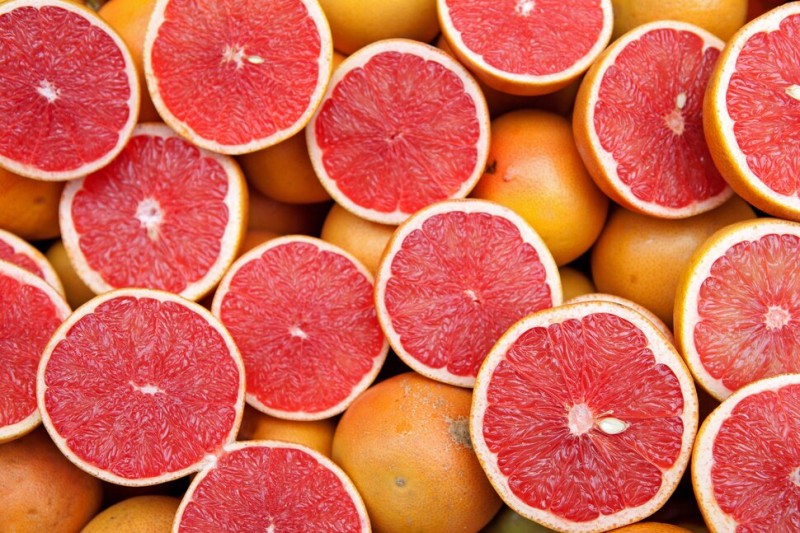Can You Take Candesartan And Amlodipine With Grapefruit?
In our latest question and answer, our pharmacist discusses the interaction between amlodipine and grapefruit.

Question
Is there a reaction to eating grapefruit or citrus fruit while also taking 8 mg of candesartan and 10mg of amlodipine? I was told there was no problem by a medical doctor.

Answered by Dr. Brian Staiger, PharmD
Medical Content Reviewed By HelloPharmacist
Staff
Last updated Jul 05, 2025
Key points
- Grapefruit has been shown in studies to slightly increase plasma concentrations of amlodipine, which could increase the risk of side effects occurring. However, for most individuals, the interaction is not clinically significant.
Answer
Hello and thanks for reaching out! This is a great question and certainly one worth asking since grapefruit is known to interact with many different prescription medications.
While grapefruit does not interact with candesartan, there is an interaction with amlodipine. This interaction is described in detail on our 'drug-herb interaction tool'.
Interaction Details
Grapefruit juice can interact with drugs in a variety of ways, the most common being that grapefruit can inhibit a major drug-metabolizing enzyme known as CYP3A4.
Amlodipine is at least partially metabolized via this enzyme and inhibiting it will decrease how quickly the drug is metabolized, increasing concentrations in your system, which could increase the risk of side effects.
This interaction has been documented in several clinical studies. However, the good news is that the effects of the interaction don't appear to be clinically significant in most people.
One study reported that maximum plasma concentrations of amlodipine were increased 15% after co-administration with grapefruit juice, but it did not result in significant blood pressure lowering or side effects. This study concluded:
An interaction between grapefruit juice and amlodipine was demonstrated. The haemodynamic data showed that a dose of 5 mg was sufficient to achieve a BP reduction in healthy subjects, but the increase in amlodipine plasma concentration seen after intake of grapefruit juice was too small to significantly affect BP or HR. The clinical significance of this food/drug interaction, however, cannot be ignored since there is considerable variation between individuals and a more extensive intake of grapefruit juice might give more pronounced effects.
So, it's important to be aware that this interaction exists, but for most individuals, a change in therapy is not necessary. Nevertheless, if you are experiencing side effects from the combination, be sure to let your doctor know about it.
Lastly, I do want to point out that separating the administration of amlodipine and grapefruit generally does not avoid the interaction. Grapefruit has been shown to affect metabolizing enzymes for greater than 24 hours.
Final Words
I hope this answer provided the insight you need! Thanks!
References
- Lack of effect of grapefruit juice on the pharmacokinetics and pharmacodynamics of amlodipine, PubMed
- Amlodipine and grapefruit juice, PubMed
- Major determinant factors of the extent of interaction between grapefruit juice and calcium channel antagonists, PubMed
- Effect of grapefruit juice on the pharmacokinetics of amlodipine in healthy volunteers, PubMed
-
 Dr. Brian Staiger, PharmD
Dr. Brian Staiger, PharmD
- 3021 views


